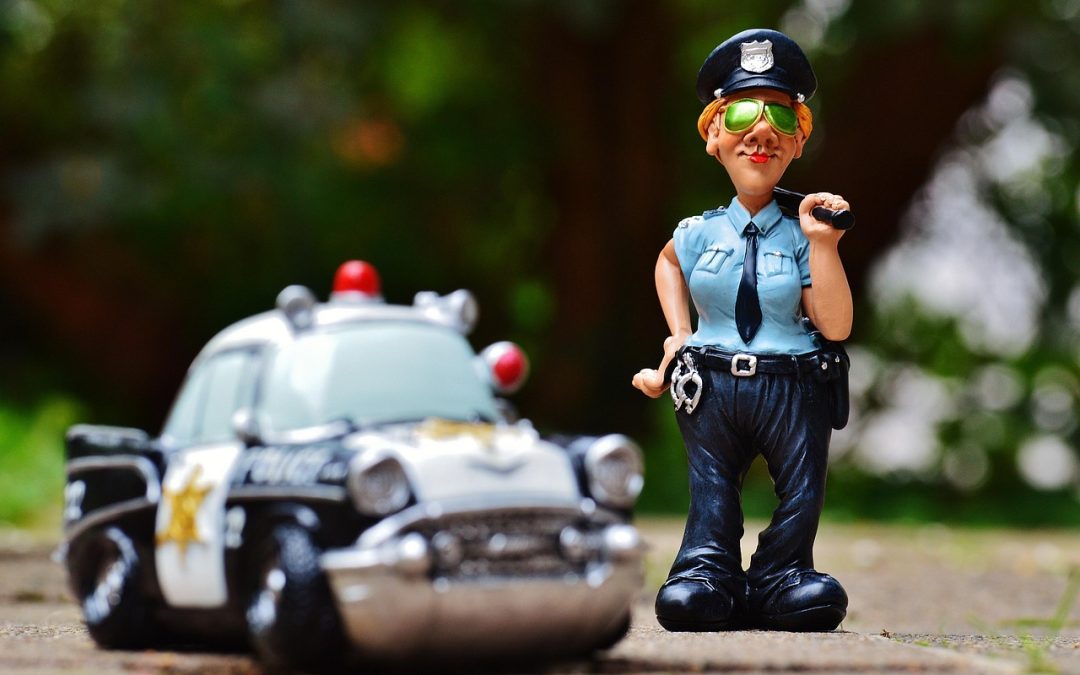When interacting with law enforcement, it’s essential to prioritize both safety and the assertion of your rights. One critical aspect of this is knowing when and how to safely capture police encounters on camera. In this article, we’ll explore the best practices for documenting these interactions while maintaining a safe and respectful demeanor.
Understanding Your Rights
In the United States, the First Amendment protects your right to record police officers in public spaces, as long as you’re not interfering with their duties or posing a safety risk. The ACLU and other organizations have consistently supported this principle, emphasizing the importance of transparency and accountability in law enforcement.
Practical Tips for Safe Recording
To ensure a safe and successful recording, follow these guidelines:
- Always keep a safe distance from the officers and the scene.
- Be respectful and avoid confrontational language or tone.
- Keep your camera steady and in plain sight.
- Do not attempt to obstruct or physically interfere with the officers.
- Be prepared to provide your identification if asked, but remember that you are not legally required to identify yourself unless you’re being detained or arrested.
Maintaining Safety and De-EscalationIn addition to understanding your rights and following practical recording tips, it’s crucial to prioritize de-escalation and avoid confrontations. Remember that your safety is paramount, and asserting your rights should never compromise your well-being.
The right to record is an essential tool for accountability, but it’s equally important to recognize when to prioritize de-escalation and seek a peaceful resolution.
The right to record is an essential tool for accountability, but it’s equally important to recognize when to prioritize de-escalation and seek a peaceful resolution.
By being aware of your rights and safety considerations, you can effectively document police encounters while maintaining a safe and respectful demeanor. Always stay informed about local laws and regulations in your area, and continue to exercise your rights in a responsible and peaceful manner.
The information at Observed.Org may not pertain to every jurisdiction. It is YOUR responsibility to know your rights and observe them. Nothing here should be considered legal advice.

